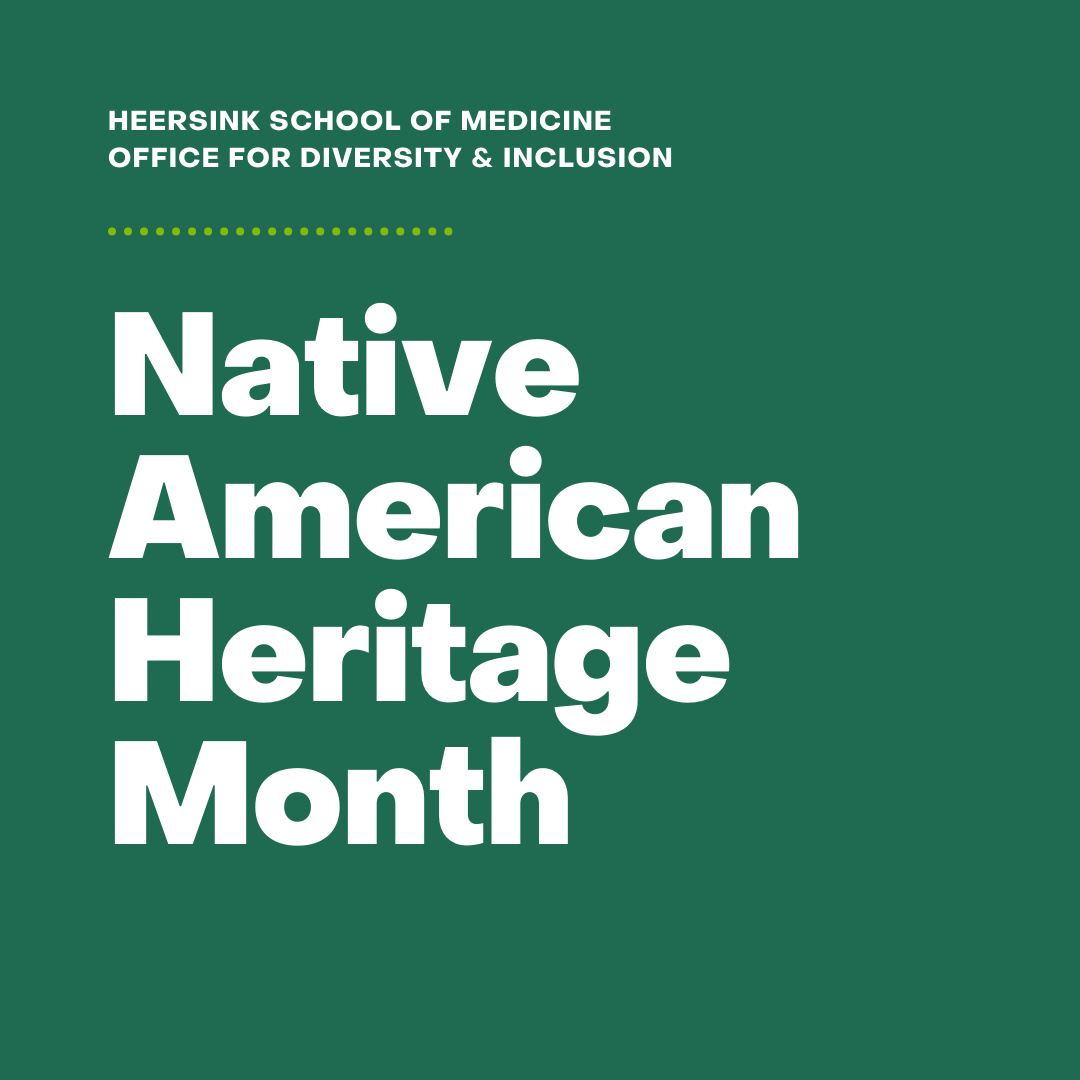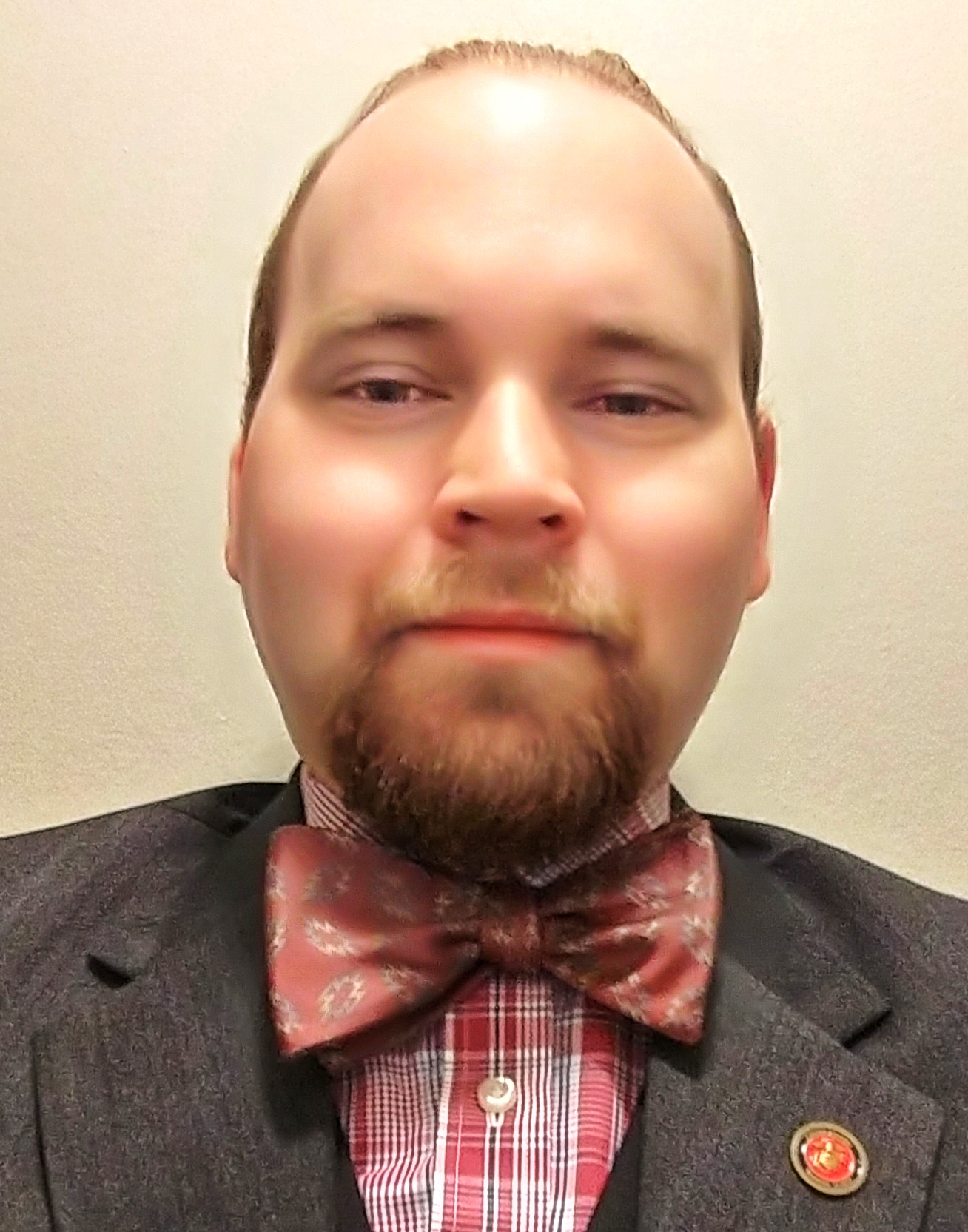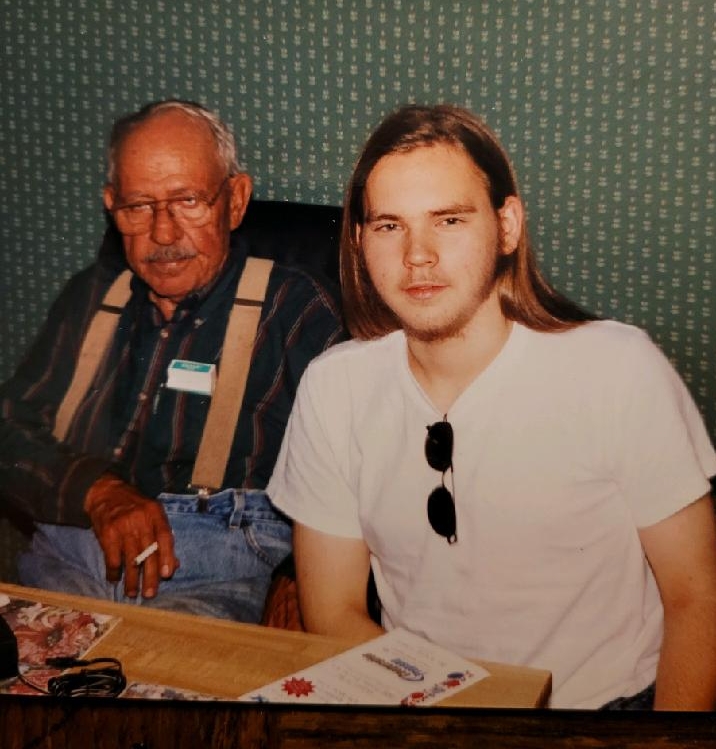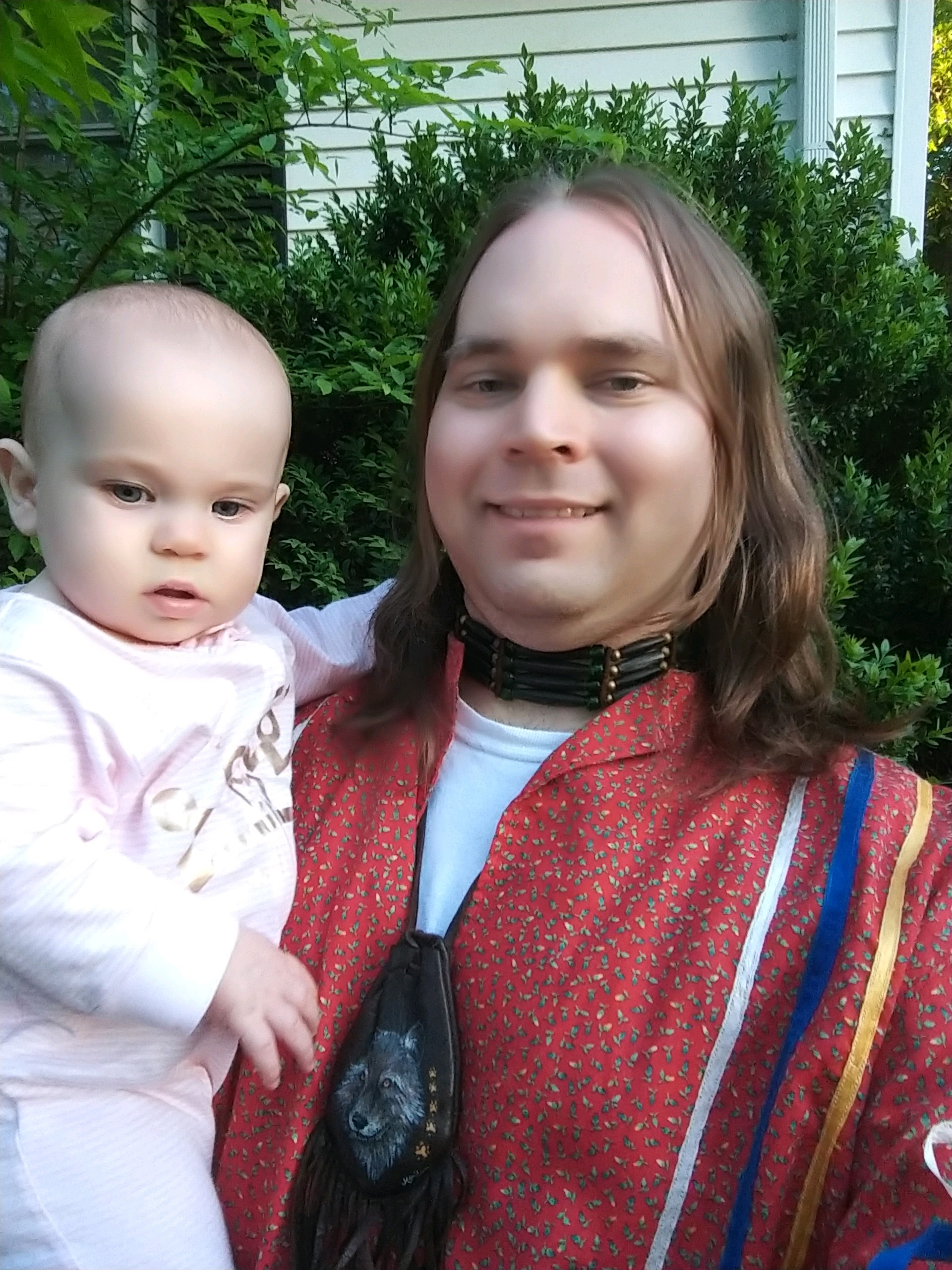 About Native American Heritage Month
About Native American Heritage Month
First declared by President George H.W. Bush in 1990, Native American Heritage Month is a time set aside to honor the cultures, traditions, and histories of the Native American/Indigenous people. To commemorate this month, people should learn about the Native American experience—both past and present.
Native Americans in Medicine
In science and medicine, we understand the importance of having representation of our diverse cultures and heritages. With this understanding comes better patient care, research, and so much more.
To share his experience being a Native American, not only in Alabama but also in medicine, the Heersink School of Medicine Office for Diversity and Inclusion interviewed Citizen Member of the Cherokee Tribe of Northeast Alabama, Boone G. Rountree (PGY-4), DO, M.Ed.
Q: Tell me a little about yourself.
A: My name is Boone Goodwin Rountree. I was born in Florence, Alabama, and raised in Prattville. When I was about 15, my family moved to Florida. Upon graduating from high school in Florida, I entered the United States Marine Corps, where I was stationed in Arizona. After five years of active duty with the Corps, I got out and decided to use my GI Bill benefits to earn two bachelor’s and a master’s degree.
high school in Florida, I entered the United States Marine Corps, where I was stationed in Arizona. After five years of active duty with the Corps, I got out and decided to use my GI Bill benefits to earn two bachelor’s and a master’s degree.
Several years ago, my father had a heart attack, and I moved back to Alabama to help my family. While in Alabama, I was accepted to the Edward Via College of Osteopathic Medicine (VCOM); however, this was before the opening of the Auburn campus, so I had to go to South Carolina for two years. After that, I was able to return to Alabama to complete my third- and fourth-year rotations.
Since Alabama was home, I wanted to stay close for residency. Thankfully, I was able to do my general psychiatry residency at UAB, and now I’m working on my adolescent psychiatry fellowship.
Q: What made you want to become a doctor?
A: Ever since I was a kid, I have been somewhat interested in becoming a doctor. It was during the 90s that I became a little disenchanted with it—namely, the politics and red tape surrounding HMOs. Instead, I decided to go into electrical engineering, but ended up as an aviation electrician doing mechanical work on aircraft. Unfortunately, I was never passionate about aviation maintenance like I was medicine.
I’ve always been the kind of person that people would open up and talk around. But, it wasn’t until I was about to leave the military that someone told me about osteopathic medicine. After learning more about becoming an osteopathic physician, and the philosophy that it is built on, I realized this was the route for me—connecting the mind and body.
Once I came to that conclusion, everything I did was to gain more practical experience.
I was on a mission.
For example, I did the EMT academy right out of the Marine Corps, and even participated in a mission trip to Honduras as an OMS2 to learn about underserved communities and give back to the indigenous peoples of Central America. Being both Native American and a Veteran, I feel inspired to help other vulnerable populations.
Q: What was it like growing up with Native American heritage?
A: I have Native American heritage on both my mother’s and father’s sides. Unfortunately, because of society, when my Papa (maternal grandfather, pictured below on left) was growing up, he could have been punished or discriminated against, including relocated from his home in Rome, Georgia simply for being Native American. The potential for repercussions caused him to spend a lifetime denying his Native heritage. My Nana (maternal grandmother) had done extensive research on our family’s genealogy; however, the story goes that my Papa was burning old tax records and accidentally burnt all documents proving his and my mother’s Native American ancestry—the only heritage you have to prove with a paper trail. While we don’t have the official records on my maternal side that would allow us to have a tribal affiliation, we know based on word-of-mouth stories that had been passed through my family that my mother is of Cherokee and Muscogee (Creek) descent.
My Nana (maternal grandmother) had done extensive research on our family’s genealogy; however, the story goes that my Papa was burning old tax records and accidentally burnt all documents proving his and my mother’s Native American ancestry—the only heritage you have to prove with a paper trail. While we don’t have the official records on my maternal side that would allow us to have a tribal affiliation, we know based on word-of-mouth stories that had been passed through my family that my mother is of Cherokee and Muscogee (Creek) descent.
On my father’s side, when I was 11 he obtained enough of his genealogical records to enroll in the Cherokee Tribe of Northeast Alabama, a state-recognized tribe, in which I was subsequently enrolled.
Backtracking just a little, when I was about six, my parents divorced. After their separation, my mother met my stepfather, a Native man from the Leech Lake Band of Ojibwe in Minnesota—a federally-recognized tribe. He grew up on the reservation and was always a Native rights activist, including being a member of the American Indian Movement during the Civil Rights Era, and is very proud of his heritage.
Because of this, my culture and foundation are a blending of both my biological parents’ and stepfather’s beliefs and practices.
Regarding customs and holidays, my family practiced the Native Old Ways, but also acknowledged the more main stream American holidays. We celebrated Valentine’s Day, Halloween, and Christmas, but one of the most significant differences would be Columbus Day. For my family, this was observed as a day of mourning.
Specific to my Native American heritage, most of our holiday celebrations took the form of attendance at powwows and other gatherings. Partially considered a religious experience, powwows were an event where we could gather, socialize, hold ceremonies, and so much more. Some, depending on the occasion and location, would be larger than others. Often at these powwows, my family would sell Native crafts we made including bead work, silver jewelry, and dreamcatchers just to name a few. This was one benefit of being a member of a state/federally recognized tribe under the Indian Arts and Crafts Act of 1990.
Q: The NIH quoted in an article, “Today, Native Americans frequently combine traditional healing practices with allopathic medicine to promote health and wellbeing. Ceremony, native herbal remedies, and allopathic medications are used side by side.”
In your experience, is this true? Has your Native American heritage influenced the kind of physician you aim to be?
A: Absolutely. That’s actually why I chose to be an osteopathic physician instead of an allopathic doctor.
In Native culture the emphasis is typically on the whole person (mind, body, and spirit) with traditional healing focused more on promoting wellness. However, there is still a need to treat illness as evidenced by the use of ethnobotanical remedies such as white sage, aloe, creosote and even peyote found in Native traditional medicine.
From a psychiatric perspective, there are a lot of differences between Native American and Western culture/views. With much of today’s medicine and techniques being validated on those of Western heritage, we need to recognize specific treatments may not work as well for those in different groups. Particularly Natives Americans in general are more communal, elder focused, and traditional (compared to the more individualistic, youth-focused, and progressive tendencies of Western cuture).
Q: What are your plans for after fellowship?
A: Because of my interest in underserved communities, I applied for and received the National Health Service Corps Scholarship, which means that after my fellowship, I will work for a certain amount of years in a health professional shortage area (HPSA).
Ideally, I will stay here in Alabama—working to improve mental health in our underserved communities. This plan would include working with the Alabama Indian Affairs Commission (AIAC) to get more resources for state-recognized tribes that aren’t able to get assistance from the Indian Health Service because they aren’t federally recognized. As a backup, I would return to Arizona—where my wife is from—and volunteer to serve in the Indian Health Service (IHS). Either way my goal Is to give back to my community that has given me so much. Wado!